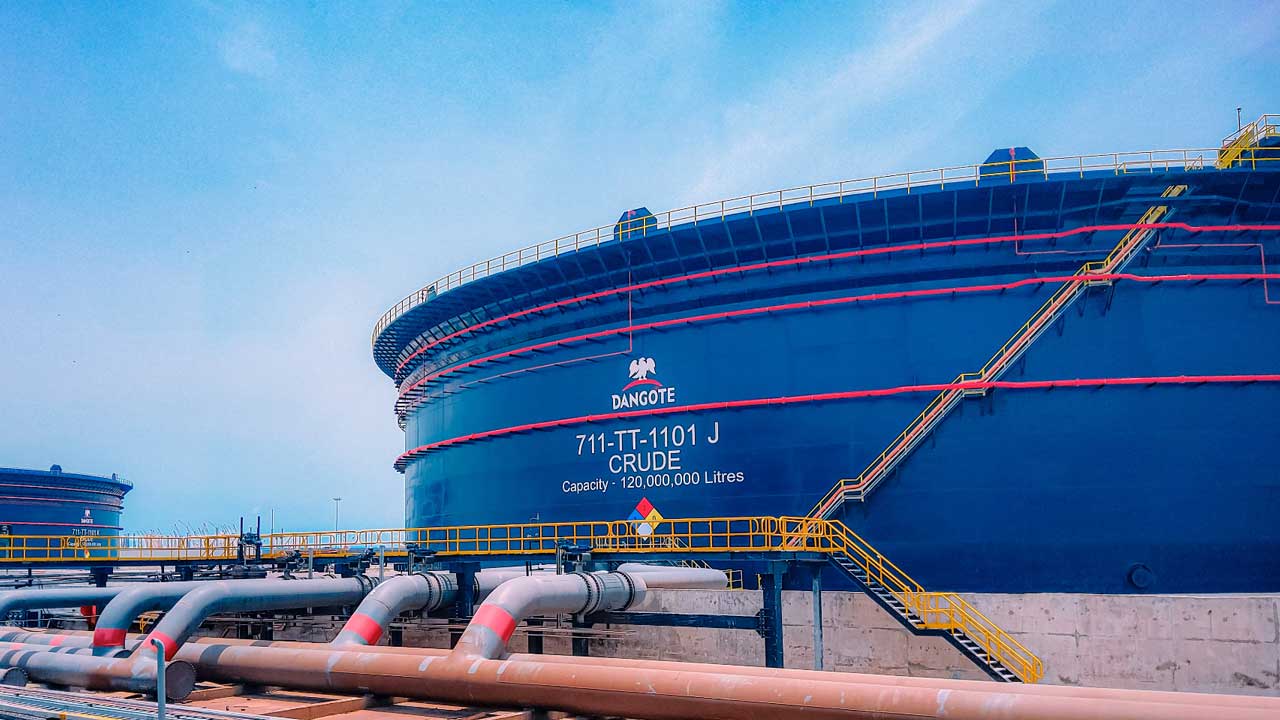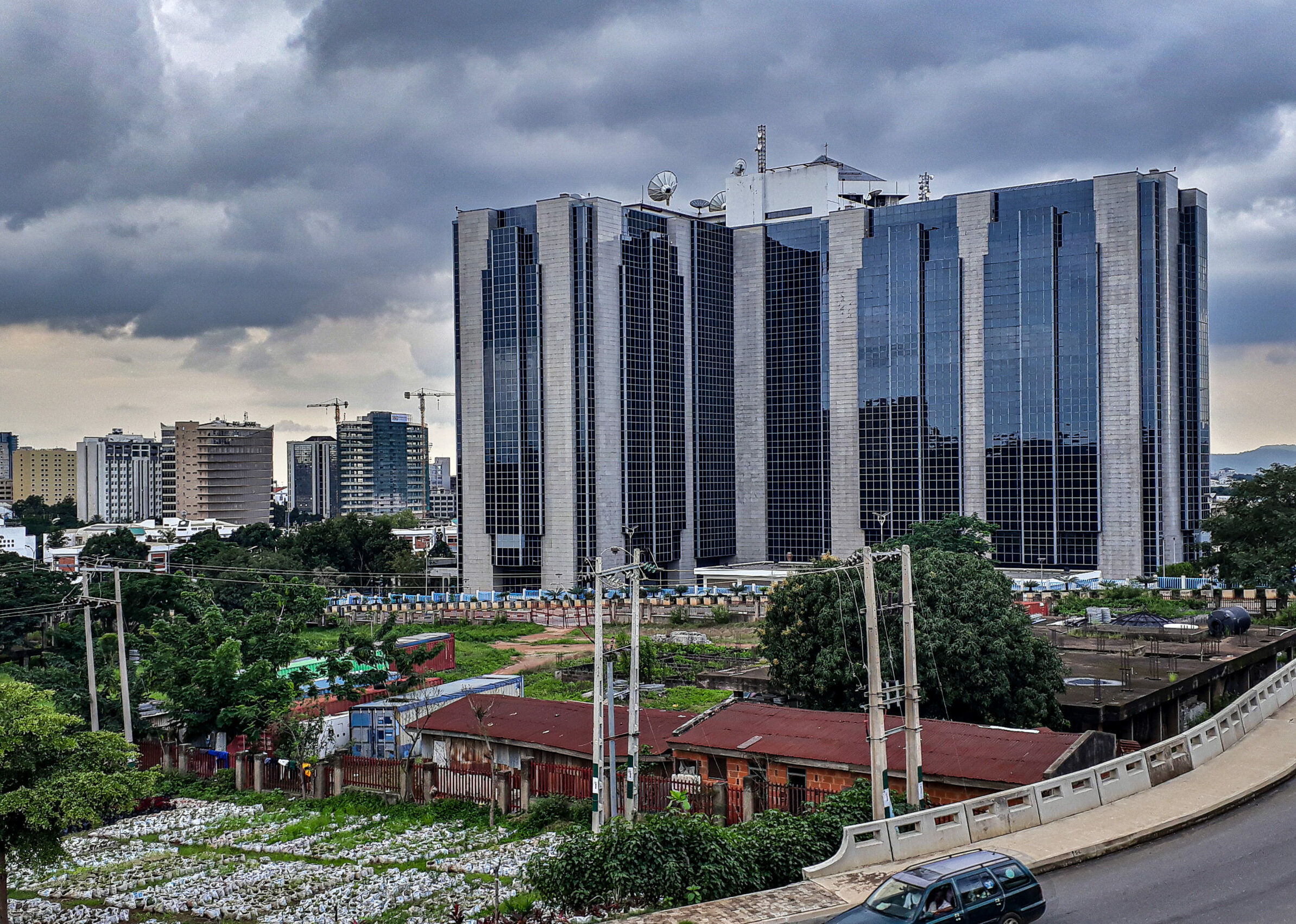Adama has been behind several incidents involving the use of security forces to harass or detain individuals, particularly young Nigerians on TikTok, who have criticised prominent Christian religious leaders. ArticlesRead More
Keyamo: We May Go After Dana Air Assets to Refund Passengers, Travel Agents
Keyamo: We May Go After Dana Air Assets to Refund Passengers, Travel Agents
•Direct NCAA to probe why trapped fund are yet to be refunded
•NAMA grants approval to four new airports to operate till 10pm
Kasim Sumaina in Abuja
The Minister of Aviation and Aerospace Development, Festus Keyamo Tuesday disclosed that the federal government may go after the assets of Dana Air to refund trapped funds of passengers and airline travel agents.
This is even as he said he would direct the Nigeria Civil Aviation Authority (NCAA) to probe why funds trapped by the airline are yet to be refunded.
Keyamo, speaking on why the Authority suspended the operations of the airline, he revealed that the suspension was a choice between safety and disaster.
The Minister, disclosed this in Abuja at the Ministry’s fourth quarter stakeholders’ engagement to enhance governance for effective service delivery in aviation with the theme: “leveraging public feedback to drive excellence in aviation services”.
On actions to be taken to recover the trapped funds, Keyamo noted: “For Dana, the problem is that it was a choice between safety and disaster. So we didn’t take the commercial thing as priority. The priority was safety and we all looked at the damning reports that we met on the table.
“It was a decision of the NCAA to suspend them but I pushed them to say, look, this is the reports we are seeing on the table about safety record, about lack of standards that puts the lives of Nigerians at risk. If they continue flying, I don’t know whether most of us will be here. Many of us would have been victims of one of those flights. God forbid.”
According to him, “I have asked Najomo to dig deep to find out how those passengers and agents will be refunded. He has to dig deep on that.
“One solution will also be that if that same individual or those entities are trying to come back to aviation under any guise, whether to go and register a new AOC or use any business within aviation sector, they have to go and settle their debts first.
“We should look at their assets. There are assets that are still available. Let them sell their assets. Let’s cannibalize their revenue and pay people. Let’s find a way to go after their assets and get money to pay Nigerians who are owed.
“NCAA should do that because they can’t get away with it.”
Speaking further, Keyamo hinted that President Bola Ahmed Tinubu has approved special funds for the provision of NAMA equipment.
This he said means that the provision of NAMA equipment is being moved from budgetary provisions into special funds
Highlighting some of their progress, the Director General, Nigeria Air Management Agency (NAMA), Engr. Ahmed Farouk said they have provided a a fully functional flight calibration unit, which is used to calibrate navigational aids and validate instrument approach procedure
Represented by the Director Air Traffic Service Mr. John Tayo, he added that they have also signed an agreement with Sierra Leone and Liberia to provide them with calibration and instrument approach procedure validation in accordance with ICAO standards.
Farouk said the agency has grants approval to four new airport to operate till 10pm, which Owerri, Enugu, Yola and Ilorin airport to operate.
The approval he explained came after the calls by stakeholders to increase time for flight operations into other airport other than Abuja and Lagos airport.
He further stated that ad-hoc operation has also being given to Air Peace operation to Anambra, and Asaba.
“We are always available to grant extension because of our capacity. For now, we will not be able to operate all the airports in the country till 10pm But following your directive, sir, we started till 10pm with those airports I mentioned.”
•Direct NCAA to probe why trapped fund are yet to be refunded •NAMA grants approval to four new airports to operate till 10pm Kasim Sumaina in Abuja The Minister of
Read more



